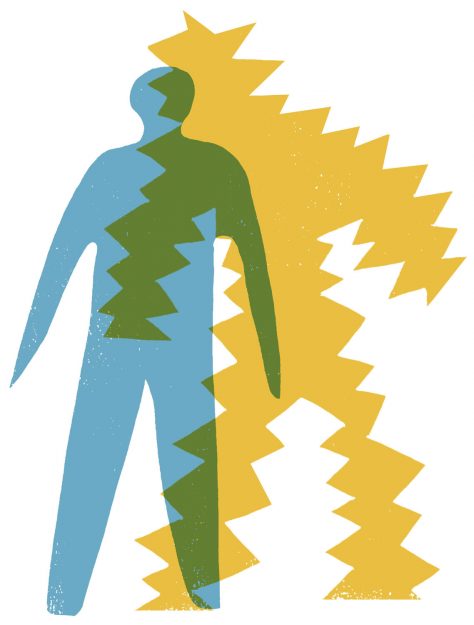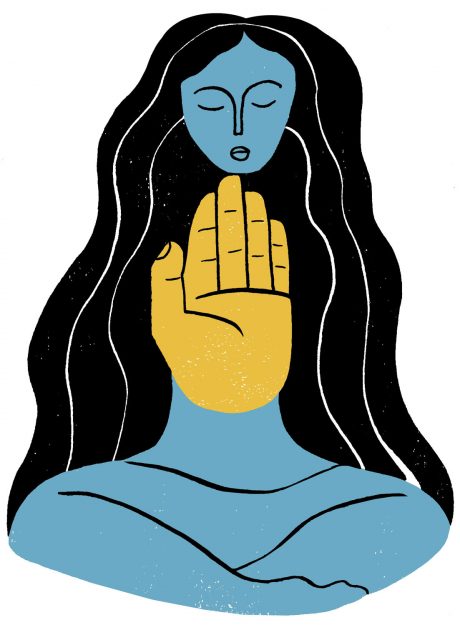Khanti, or patience, is the sixth of the paramis, following energy (viriya) and preceding truthfulness (sacca). The great Indian commentator Dhammapala (5th or 6th c. CE), in A Treatise on the Paramis—his commentary on the late canonical text the Cariyapitaka—says that patience has the characteristic of acceptance; its function is endurance; its manifestation is tolerance, or non-opposition; and its proximate cause is seeing things as they are. Contrary to what we may think, there’s nothing passive about patience. Acceptance, endurance, and tolerance arise out of clear seeing, which cannot exist without effort and insight—both of which we must practice deliberately. Shantideva, the 8th-century Indian monk and author of The Way of the Bodhisattva, said there’s no austerity greater than patience. In order to truly practice khanti-parami, we must actively renounce our sense of entitlement. We must want to be free more than we want to be right; choose what is instead of what we’d like. But patience is not resignation. It works with the other paramis of generosity, determination, loving-kindness, and so on. In The Way of the Bodhisattva, Shantideva offers what I think is the perfect recipe for wise and engaged patience: With perfect and unyielding faith, / With steadfastness, respect, and courtesy, / With conscientiousness and awe, / Work calmly for the happiness of others.
 “No evil is there similar to anger,
“No evil is there similar to anger,
No austerity to be compared with patience.
Steep yourself, therefore, in patience,
In various ways, insistently.” —The Way of the Bodhisattva by Shantideva, trans. by the Padmakara Translation Group- “Complete patience helps the heart to mature into nonreactivity, and it comes into its full maturity through being animated by the wish to alleviate suffering and to uproot greed, aversion, and delusion.” —Dawn Scott
- “Patience entails choosing not to respond reactively, allowing other possibilities to arise; it provides tremendous support for mindfulness practice.” —Gil Fronsdal
- Tip: When anger arises, draw close to it instead of pulling away. How does it feel in your body? Can you accept this experience without trying to change it?
 “Patience is an ocean on account of its depth; a shore bounding the great ocean of hatred; a panel closing off the door to the plane of misery; a staircase ascending to the worlds of the gods and Brahmas; the ground for the habitation of all noble qualities; the supreme purification of body, speech, and mind.” —Dhammapala, Commentary to the Cariyapitaka, trans. by Bhikkhu Bodhi
“Patience is an ocean on account of its depth; a shore bounding the great ocean of hatred; a panel closing off the door to the plane of misery; a staircase ascending to the worlds of the gods and Brahmas; the ground for the habitation of all noble qualities; the supreme purification of body, speech, and mind.” —Dhammapala, Commentary to the Cariyapitaka, trans. by Bhikkhu Bodhi- Tip: When feeling impatient, stop and consider your thoughts. If you need to take action, can you do so without centering the self, without the need to vindicate yourself or win an argument?
♦
This is the sixth installment of our Pocket Paramis series of quick tips to keep in mind while working with the ten perfections: generosity, ethical conduct, renunciation, wisdom, energy, patience, truthfulness, determination, lovingkindness, and equanimity. A printable version is available here.